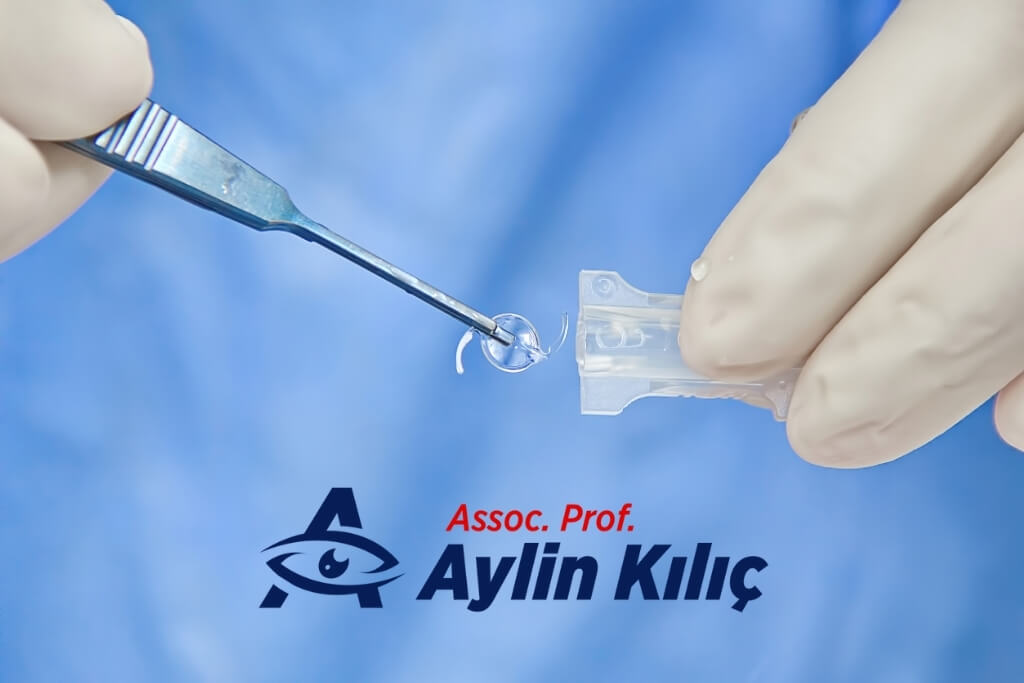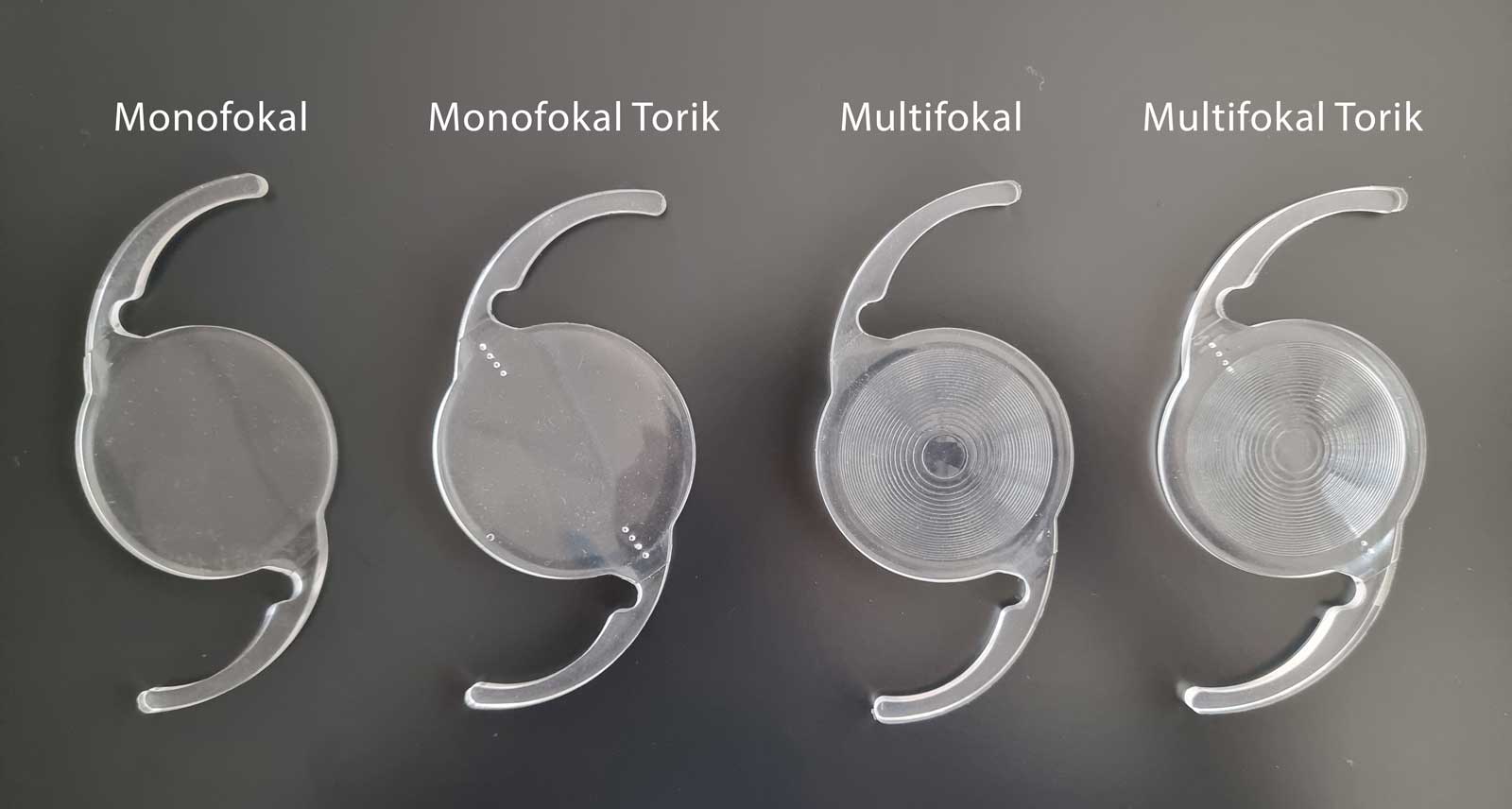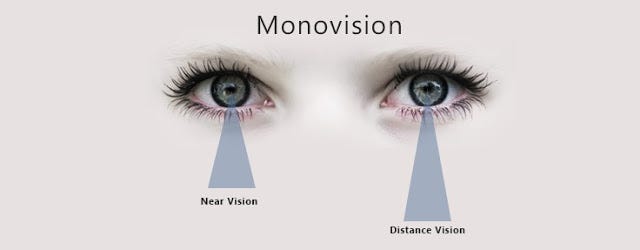Cataract is one of the most important eye conditions that directly affects a person’s vision. Since vision is directly affected and vision continues to be lost over time, it is important for the patient to seek treatment as soon as possible. At this point, we know that there are many points that patients are curious about cataract treatment and the processes afterwards. We try to answer these questions in the blog content we share. Again in this blog content, we will try to find an answer to one of the most curious questions, “Is it necessary to wear glasses after cataract surgery?”.
Is it necessary to wear glasses after cataract surgery?
The need for glasses after cataract surgery varies depending on several factors, including the type of intraocular lens (IOL) implanted, the surgeon’s approach and the visual needs of the individual. At this point, there are some considerations that determine whether glasses should be continued. So what are these?

1. Monofocal IOLs: Traditional monofocal IOLs are designed to provide clear vision at a single focal point for distance or near vision. If a monofocal lens is chosen for distance vision, glasses may be required for reading and other near vision tasks. Conversely, if a monofocal lens is selected for near vision, glasses may be required for distance vision.
2. Multifocal IOLs: Multifocal IOLs, including trifocal IOLs, are designed to provide clear vision at multiple distances, such as near, intermediate and far. Although multifocal IOLs aim to reduce dependence on glasses for a variety of activities, some individuals may still experience visual impairments or find that glasses are useful in certain situations, especially in low light conditions or for prolonged reading.

3. Toric IOLs: Toric IOLs are designed to correct astigmatism. Depending on the degree of astigmatism and the specific characteristics of the toric IOL, glasses may be required for fine-tuning vision, especially for certain tasks.
4. Personal Preferences and Expectations: Individual preferences and visual expectations play an important role in the decision to wear glasses after cataract surgery. Some individuals may prioritize reducing dependence on glasses for all activities, while others may prefer to wear glasses for specific tasks.
5.Monovision Correction: Monovision involves correcting one eye for distance vision and the other for near vision. This approach may reduce the need for glasses in certain situations, but may affect depth perception. It is very important to discuss monovision with the surgeon and try it with contact lenses before choosing this option for cataract surgery.

6.Adaptation Period: After cataract surgery, there is an adaptation period during which the brain adjusts to the new visual input. Some patients may initially experience visual disturbances, which may improve over time.
It is important to have a thorough discussion with the eye surgeon about IOL selection, expected outcomes and the possible need for glasses after cataract surgery. Regular follow-up visits are very important to monitor healing and address any concerns about vision. Also, if necessary, a prescription for glasses can be given after surgery and periodic adjustments can be made based on the individual’s visual needs and comfort.

